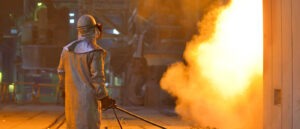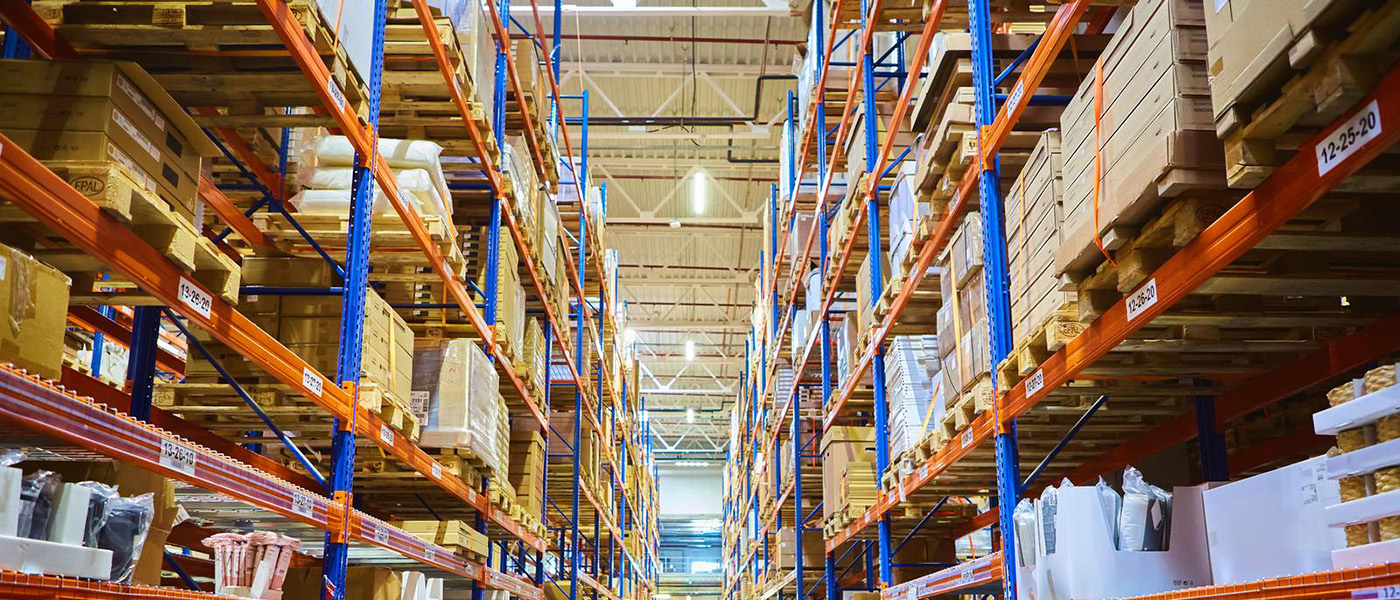Carbon monoxide is a poisonous gas commonly referred to by its chemical letter designation CO. You can’t see, smell or taste this gas, which makes it especially dangerous and deadly.
You can find this silent killer in many workplaces, such as factories, machine shops, chemical plants, and garages. Detection is difficult, especially if an employer hasn’t taken appropriate steps.
Fortunately, most workers in Alabama who become sick after carbon monoxide exposure at work are entitled to receive workers’ compensation benefits to cover their medical expenses and lost wages.
Sources of carbon monoxide
Carbon monoxide comes from burning materials like coal, oil, charcoal, propane, kerosene, wood and natural gas. Space heaters and even some inefficient HVAC systems can also generate CO, as well as gas-based tools, such as torches.
If carbon monoxide is released from one of these sources in a room with sufficient ventilation, workers can quickly become ill or even die.
Symptoms of carbon monoxide poisoning
Poisoning symptoms include the following:
- Headaches
- Dizziness
- Tiredness
- Nausea
- Fainting
If you’re exposed to Carbon monoxide for a prolonged period, it can trigger more serious problems like confusion, collapse and even death. This is because CO stops your blood from carrying oxygen to your body parts, which is why it’s so dangerous.
Many of the lighter symptoms can seem more like flu symptoms than poisoning. This is especially true if the exposure occurs for limited stretches. But be aware that even limited exposure that occurs regularly can be bad for your long-term health.
Alabama workers’ compensation insurance and benefits
If you’re exposed to CO in the workplace and suffer an injury or illness in Alabama, you may be entitled to workers’ compensation benefits. Most Alabama businesses with 5 or more employees are required to carry workers’ compensation insurance to cover their employees if they’re injured on the job.
To obtain benefits, you don’t need to prove that your employer was responsible for your injury or illness. You only need to show that your injury or illness is work-related.
Alabama workers’ comp benefits include the following:
- Medical expenses. These include any necessary medical appointments, procedures, supplies and equipment.
- Lost wages. Workers are typically entitled to reimbursement of two-thirds of their lost wages while they recover for a period of time that varies based on their disability.
- Death benefits. If you die from a work-related injury or illness, your dependents may be entitled to benefits to cover funeral expenses and lost wages.
In some cases, an employee may also be able to file a personal injury lawsuit against a 3rd party (someone other than their employer) who was responsible for the exposure.
Steps to take to file a workers’ comp claim in Alabama
Take the following steps after a work injury in Alabama to ensure your chance at compensation:
- Seek medical care. Due to the seriousness of CO poisoning, you should always seek immediate medical care after an exposure. Doing so will ensure any injuries are treated and documented, which will also make it easier to prove they were caused by your job.
- Report your injury. In Alabama, you must notify your employer in writing within 5 days of the incident. In certain limited cases, you may have up to 90 days, but it’s best to provide notification as soon as possible so you don’t miss your chance to receive benefits.
- Verify your employer filed a First Report of Injury form. After you report your injury, your employer must file a First Report of Injury Form with their insurance company to initiate the claim process.
- Contact an attorney. If your employer refuses to file your claim or your claim is denied, contact an experienced workers’ compensation attorney who can help protect your rights.
How to prevent carbon monoxide poisoning in the workplace
Your employer should make every effort to keep you safe from CO poisoning at work.
It’s vital to get rid of CO sources when possible. When that’s not an option, your employer should at least make sure that the air is fresh and spaces are properly ventilated. In high-CO environments, exhaust systems are critical.
Employers should take the following steps to prevent carbon monoxide poisoning at work:
- Instal CO monitors. Monitoring is important, too. Each space should have at least 1 carbon monoxide detector. When the CO level becomes dangerous, the alarm will activate to warn people in that space. You can then open doors and windows to air things out or turn on fans. You should also evacuate the area until the alarm stops.
- Maintain air ducts. Companies have to keep safety systems in top condition to prevent potential incidents. Small things can prevent ventilation units from doing their jobs correctly. Dust and debris can reduce airflow to the point where ventilation is reduced, leaving certain enclosed areas more prone to CO poisoning. Even worse, damaged air ducts could return the gas to the work area rather than vent it outside.
- Provide appropriate training. Employees also need education and training. They should know which pieces of equipment are unsafe for use in confined spaces. If a company doesn’t have a ventilated space for working on running trucks, for example, then all work should be done on operating vehicles outdoors. Every time someone needs to turn a vehicle on to test a fix, they should open the doors and roll it outside without exceptions.
How to report an Alabama company for unsafe working conditions
OSHA provides an anonymous way to report your company should you find the conditions of your employment result in situations that jeopardize your safety.
Responding to carbon monoxide work exposure incidents
If there’s a CO incident, a business should have emergency procedures in place.
There should be accessible first-aid kits with oxygen to treat people who’ve suffered severe exposure. After administering first aid, someone should take the affected person to the doctor. Only after a medical professional gives the okay should they go home to recover.
There should be a procedure for notifying the authorities in case of accidental exposure. Companies should also have follow-up testing and monitoring procedures in place to prevent future incidents.
How a workers’ compensation attorney can help with a claim
It’s important for employees who have suffered an injury or illness after CO exposure in the workplace to seek the advice of a work injury attorney as soon as possible due to the time limits on filing a claim.
Workers’ compensation attorneys are knowledgeable about the rules and filing deadlines in their states, so they can ensure all necessary paperwork is filled out correctly and filed on time. They can help investigate your case, negotiate with your employer and their insurance company, and represent you in court if necessary.
They can also help injured workers identify any other parties who may be liable through a personal injury lawsuit, such as the manufacturer of the equipment that produced the CO.
Contact an Alabama workers’ compensation attorney
If yo’ve been injured on the job in Alabama, you likely have a legal right to compensation. Our Birmingham workers’ compensation attorneys at Nomberg Law Firm can assist you with filing your claim or appealing the decision if your claim is denied. Our attorneys have extensive experience fighting for injured Alabama workers to get them the money they deserve.
About Nomberg Law Firm
Nomberg Law Firm has been helping people in Alabama recover fair compensation for their injuries since 1967. We know our clients are hard-working men and women who deserve the best representation possible. That’s why we’ve dedicated our entire practice to fighting for your rights after an injury.
The small size of our family-owned firm allows us to focus on our client’s needs and enables us to provide individualized assistance and personal attention that larger firms simply can’t match.

